Food safety is a critical concern for both consumers and businesses. The improper handling and preparation of food can cause illnesses and even death by spreading bacteria, viruses, and other pathogens.
Moreover, foodborne illness outbreaks can devastate the reputation and financial viability of businesses in the food industry.
To protect consumers from the risks of illness and disease, businesses in the food industry must handle and prepare food correctly.
Cleanliness is fundamental to food safety, and maintaining a clean environment, regularly washing hands, surfaces, and equipment, and using clean utensils are essential to avoid contamination.
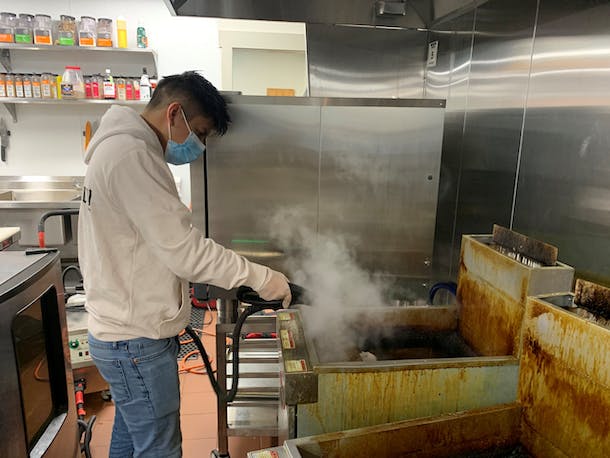
Source: Commercial Cleaning Corp
Cooking food thoroughly is another critical aspect of food safety. Food must be cooked to the correct internal temperature to kill any bacteria or pathogens that may be present.
A food thermometer is the best way to ensure food is cooked at the appropriate temperature. Additionally, chilling is critical to prevent the growth of bacteria that can quickly multiply between 5 and 60 degrees Celsius.
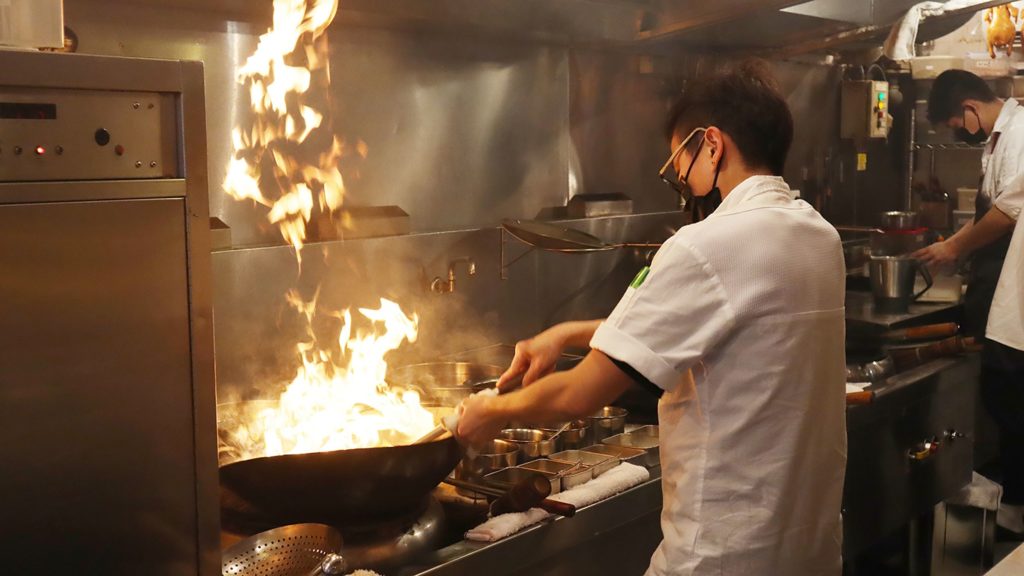
Source: Edition CNN
Cross-contamination is another potential hazard in the food industry, which can occur when bacteria from one food item is transferred to another, typically through contact with surfaces or equipment.
To prevent cross-contamination, raw meat, poultry, and seafood should be kept separate from other foods, and separate cutting boards, utensils, and dishes should be used.
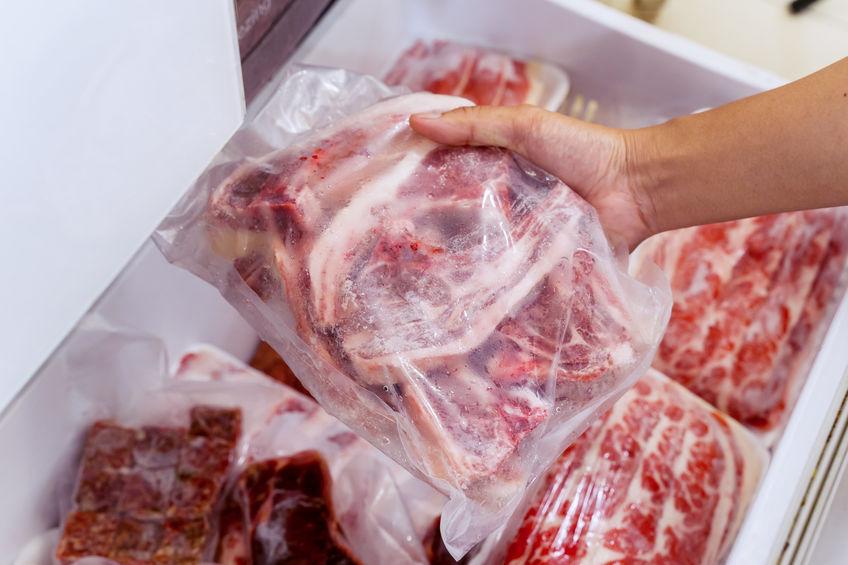
Source: Walk-In Refrigerators
Allergens and food additives are also potential hazards in the food industry. Consumers and businesses must take steps to ensure this.
Consumers must be aware of potential allergens in packaged foods and read labels carefully before purchasing or consuming.
Businesses must follow strict protocols for using food additives to ensure the safety of their products.
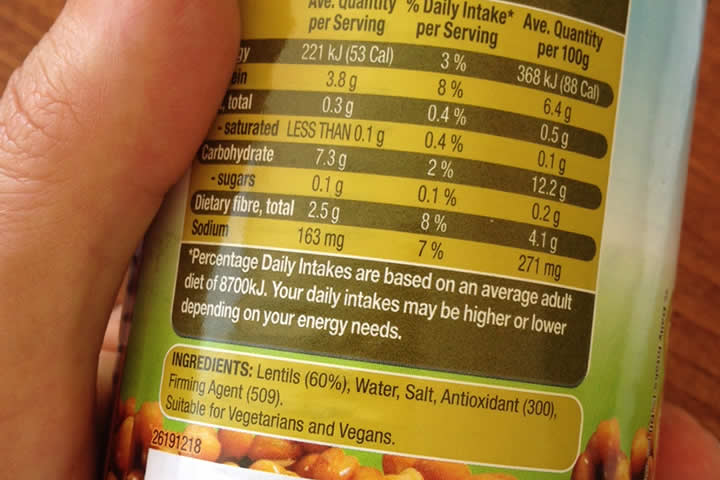
Source: 180 Nutrition
Food safety courses and food handlers certificates are essential to promote food safety and reduce the risk of foodborne illness. These courses provide training on proper food handling, storage, preparation, and sanitation and hygiene practices.
The certification process helps ensure that food service workers have the knowledge and skills to handle and prepare food safely, reducing the risk of foodborne illness.
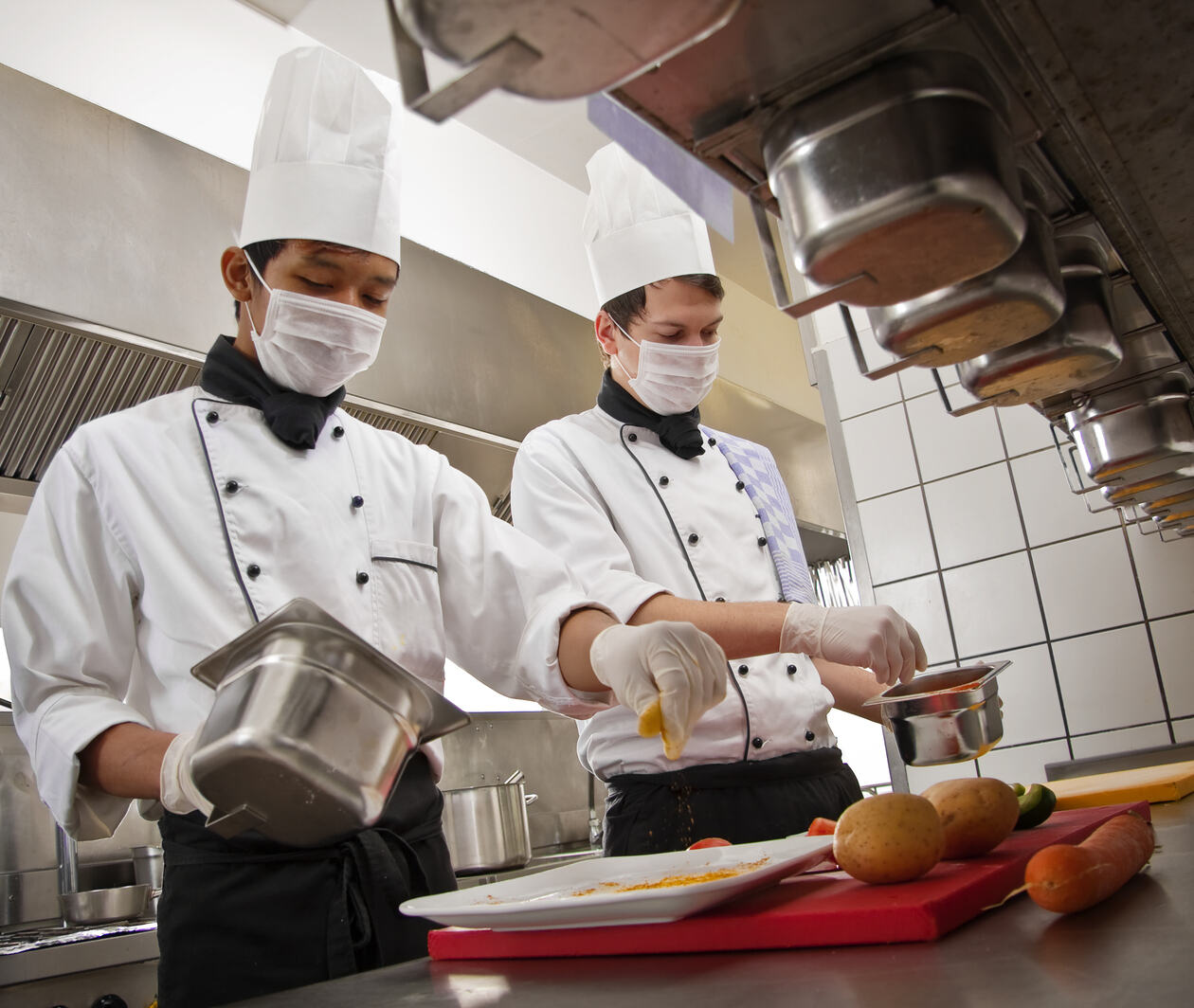
Source: FutureLearn
Food safety is crucial for protecting consumers and ensuring business success in the food industry.
Proper food handling and preparation, including cleanliness, cooking, chilling, and preventing cross-contamination, are essential to prevent the spread of harmful bacteria, viruses, and pathogens.
Food safety is a moral responsibility and a critical business imperative.
Skillmaster can help you protect your customers from foodborne illness with our food safety training and refresher courses. Contact us today to learn more and take action to ensure their safety. Don’t wait. Safeguard your customers now with Skillmaster’s expertise!



